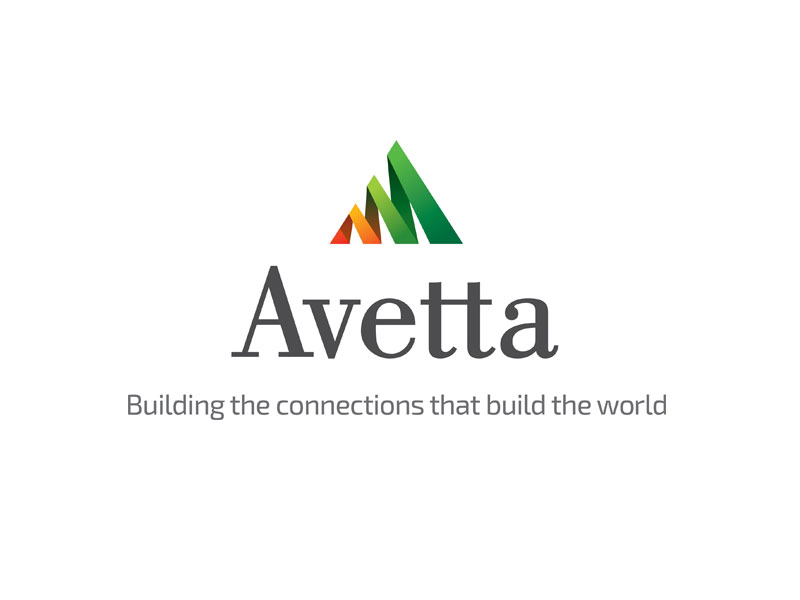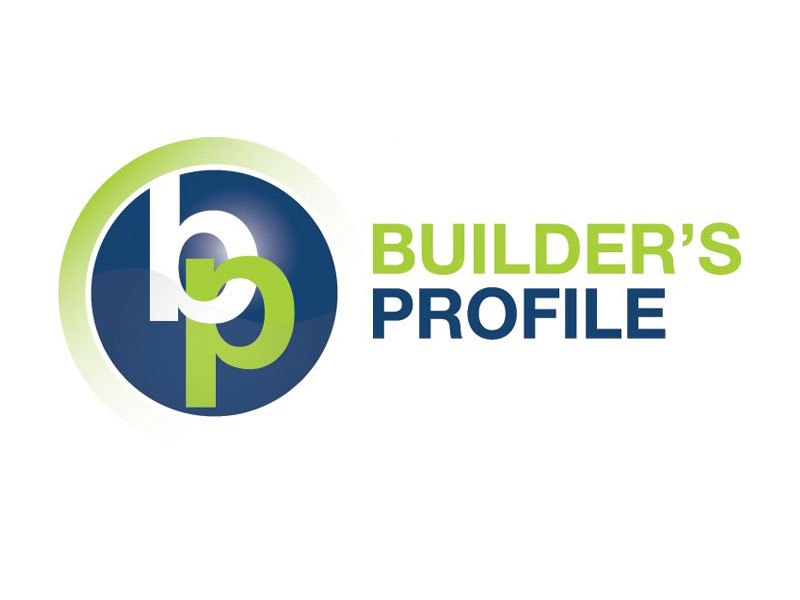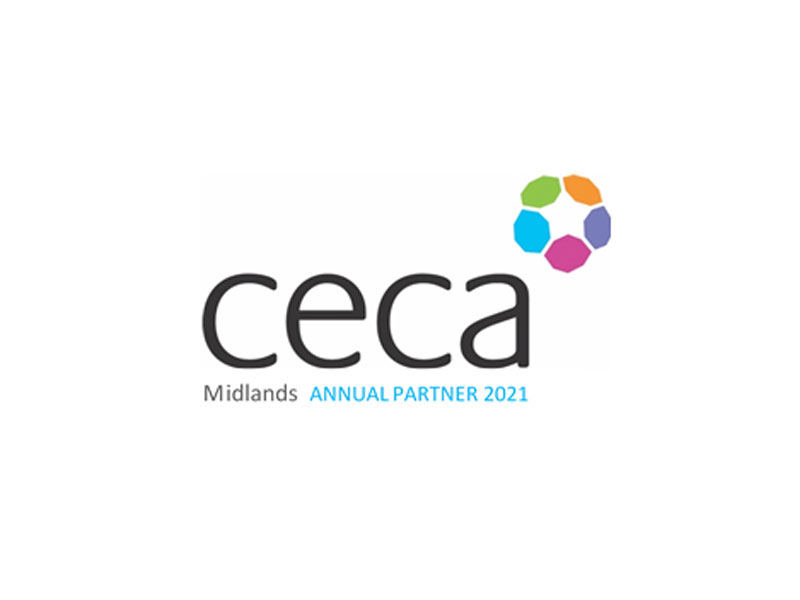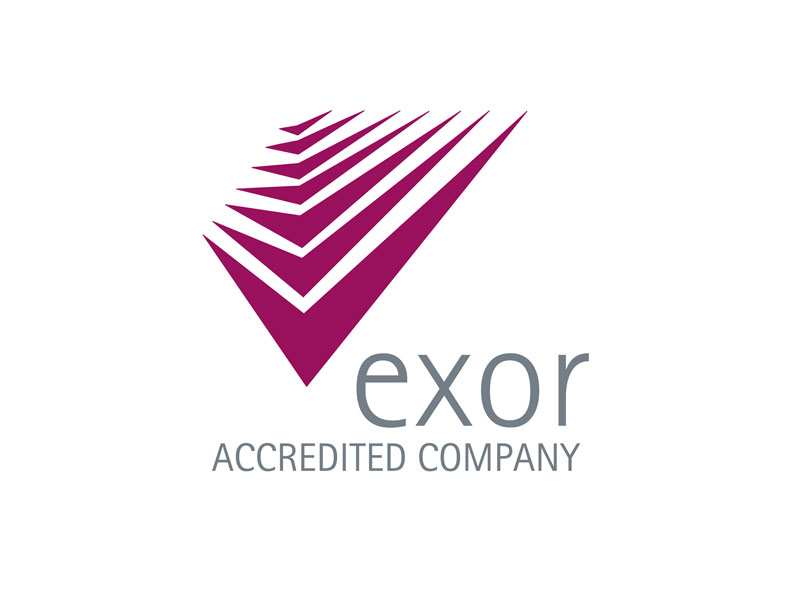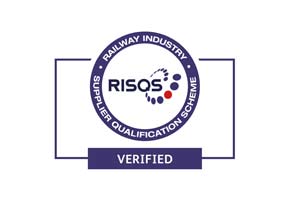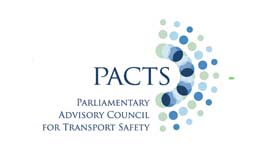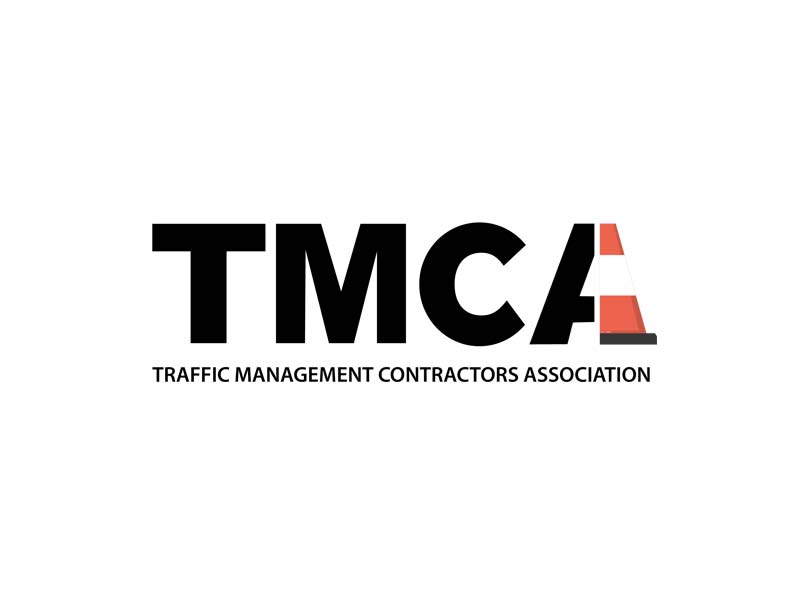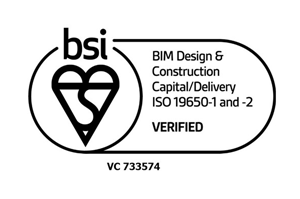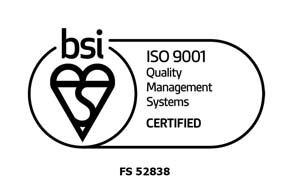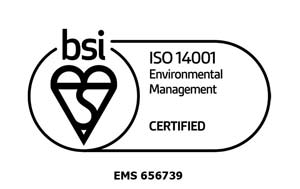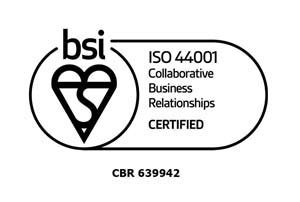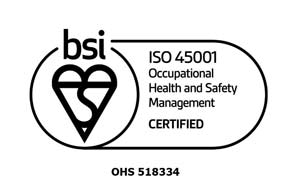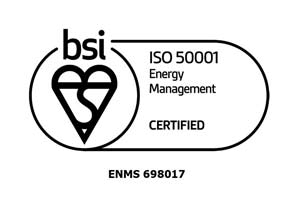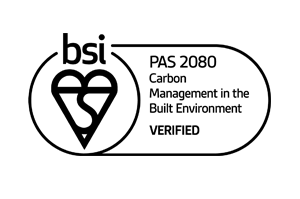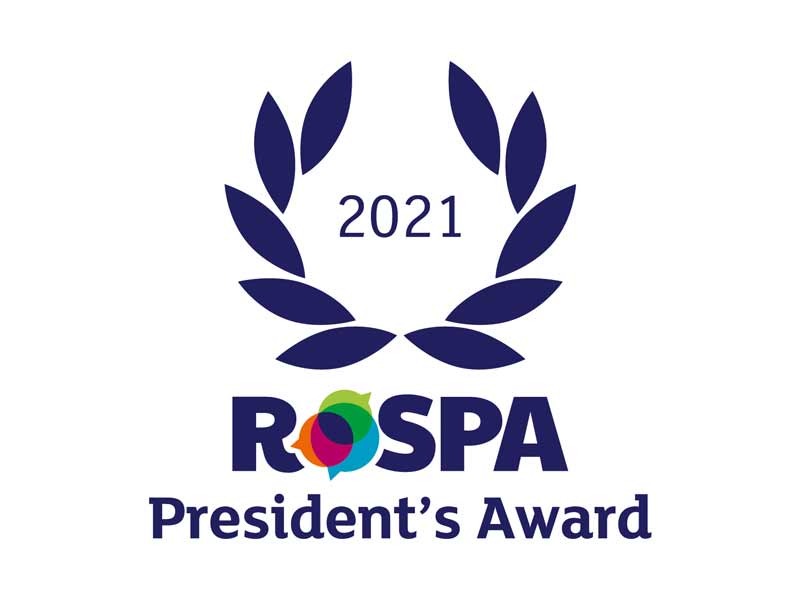Closing a carriageway to allow works to take place is laden with challenges, not least co-ordinating a rolling roadblock. Increasing demands on resources can lead to long delays in installing traffic management which can have a knock-on effect on works start time, the working window and the overall efficiency of the project.
Chevron TM has pioneered a new way of installing, maintaining, switching, or removing traffic management which benefits contractors, road workers and road users. Our new approach, the Enhanced Mobile Carriageway Closure (EMCC):
- Removes the requirement for rolling roadblock support
- Reduces delays to works start times
- Reduces the installation time
- Increases the working window
- Removes the need for diversions
- Reduces carbon emissions
- Improves efficiencies
We have introduced EMCC, using vehicles which display an authorised sign to take control of traffic and are supported by a digital incursion warning system and CCTV cameras. This technique has been accepted as a normal method for use of mobile road closures by National Highways.
By implementing an EMCC, we create a traffic-free environment to allow us to install, maintain, switch, or remove traffic management. This includes supporting traffic-related operations such as movements to and from works access and egress locations or other works operations that require or benefit from a short period of traffic-free time during works.
Using technology for change
Our EMCC system works because Chevron TM has enhanced our vehicles with an Intellicone® Incursion Prevention & Warning System (IIPAWS®) which allow us, as the provider of traffic management to implement a Mobile Carriageway Closure (MCC).
Using this technique, we have the legal authority to take control of traffic, create a traffic-free zone and give our customers a longer working window in which to complete their works.
The digital incursion warning system connects the driver of the EMCC vehicle with the operatives who are installing or removing traffic management on a carriageway. A series of Intellicone® Portable Site Alarms (PSA) are placed on the carriageway where the lane closures are being installed. These are fitted with lights and alarms which are activated by the EMCC driver. In the event of an incursion, the driver pushes a button in the cab of the vehicle which immediately activates the Intellicone® PSAs and warns the operatives to get to a place of safety.
The IIPAWS® system operates in a geozone which we create to allow remote monitoring, reporting and oversight of each EMCC in operation.
Legal protection
Passing an operational EMCC vehicle is an offence for which an offender can receive 6 penalty points and a fine of up to £1,000. To support enforcement, our vehicles are equipped with CCTV cameras which captures footage of an incursion from 2 minutes before to 2 minutes after the incident.
Proven technique
We trialled our EMCC technique across a number of schemes before we rolled it out across all our works and the results have been exceptional.
In August 2022, we implemented 1,200 EMCCs. We experienced only 5 incursions which were captured by the vehicle-mounted CCTV cameras and mitigated by the IIPAWS® system which alerted the workforce ahead.
Driver behaviour was excellent, partly due to the new wording on the vehicle signage which changed from the traditional “Workforce in Road” sign to “Setting Out Roadworks Ahead” which helped road users understand the reason for the delay.
The trial also established that with the EMCC system, the delay to road users is between 3-5 minutes which is significantly less than a diversion route onto trunk roads with which they may be unfamiliar.
Enquire now
Enhanced Mobile Carriageway Closure – A new way of working
Between August and November 2022 we delivered 1,500 EMCCs. During this time, we experienced only five incursions captured by vehicle-mounted CCTVs and mitigated by HRS’s Intellicone® Incursion Prevention & Warning System (IIPAWS®).
We sent our cameras to film an EMCC in action and here’s how it looks.
Read our interview with Highways Industry on EMCC


